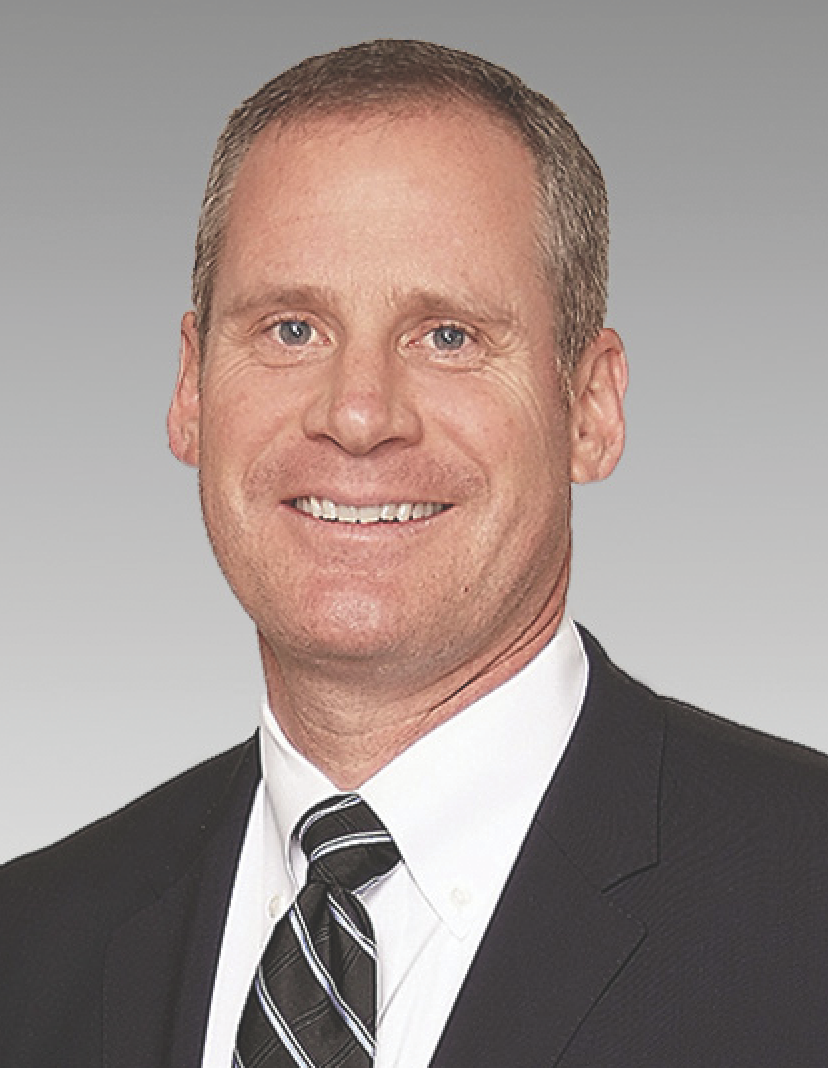[ad_1]
Andrew Crowell, Financial Advisor and Vice Chairman of Wealth Management at D.A. Davidson, shares what estate planning is and what investors should understand about it. Crowell also shares other financial planning steps individuals should take before the year ends.
What are some financial planning steps individuals should take before the end of the year?
The holidays are a great time to have important financial planning conversations when families are all together. While no one likes talking about death or dying, one of the greatest gifts you can give your loved ones is having these tough conversations and creating a thorough estate plan. Though it’s critical to discuss your end-of-life wishes with loved ones and put a detailed plan in writing, a recent D.A. Davidson survey found that only one in three (34%) American adults has an estate plan, and even fewer women have an estate plan than men.
As we approach the end of the year, it’s also important to work with your financial advisor to evaluate your portfolio allocation. Since both stocks and bonds are down year-to-date, most investors have an opportunity to harvest unrealized tax losses in their portfolios by selling investments they purchased at higher prices or swapping them into other investments.
In addition, speak with your financial advisor about the possibility of making charitable donations and work with your tax professionals to secure the appropriate documentation for charitable contribution deductions on your taxes. For 2022, individuals may deduct up to 30% of adjusted gross income (AGI) for contributions of non-cash assets (if held for more than a year) to public charities and 60% of AGI for cash contributions.
What is an estate plan and what should investors understand about estate planning?
An estate plan is a written document communicating how you want your assets (i.e., money, property, etc.) to be managed after your death or in the event of a medical emergency. Among many things, an estate plan designates beneficiaries for your investments and insurance policies, gives an executor access to your online accounts and details your wishes for charitable contributions and medical care.
In addition to clarifying how you wish your assets to be managed and/or disbursed, an estate plan names a guardian for any minor children, provides for family members with special needs without disqualifying them from government benefits, and provides for loved ones who might be irresponsible with money or may need protection from creditors or in the event of divorce.
Our survey also found that among those who do have an estate plan, 20% have not updated their plan in the last five years. An estate plan should be updated at least every few years — and always after significant life changes like the birth of a child, divorce, or death of a loved one.
Who needs an estate plan?
Regardless of how many assets you have, everyone needs an estate plan and the right time to get an estate plan in place is now – but not at the expense of drafting a rushed or incomplete plan. In addition to financial considerations, an estate plan should include a healthcare power of attorney— a document that gives another person the power to make healthcare decisions for you. Without that document, medical professionals or the court will make those decisions for you. The COVID-19 pandemic demonstrated the risks of not documenting medical and end-of-life wishes and having direct conversations with family today can prevent additional stress and uncertainty for them in the future.
D.A. Davidson’s survey showed that two-thirds of Americans do not have an estate plan. What are the top reasons deterring them from creating one?
According to our recent survey at D.A. Davidson, the top reason Americans reported for not having an estate plan is they don’t feel they have enough money to warrant it. The second highest reason they reported is “They just haven’t gotten around to it.”
Those who work with a financial professional were significantly more likely to have an estate plan (56% versus only 18% for those who have never worked with a financial professional), but even among that group, procrastination was cited as the biggest factor deterring them from creating an estate plan (44%).
How can investors get started on estate planning?
The first step is to speak with your financial advisor. Consider setting up a meeting to introduce your adult children to your financial advisor.
If you don’t currently work with an advisor, consider whether now might be a good time to start. A financial advisor is in a unique position to quarterback your financial plan, which includes all important aspects of your financial picture. Those who have worked with a financial professional feel more confident and prepared discussing their estate plan and end-of-life wishes than those who have never worked with one.
This interview originally appeared in our TradeTalks newsletter. Sign up here to access exclusive market analysis by a new industry expert each week. We also spotlight must-see TradeTalks videos from the past week.
The views and opinions expressed herein are the views and opinions of the author and do not necessarily reflect those of Nasdaq, Inc.
[ad_2]
Image and article originally from www.nasdaq.com. Read the original article here.

